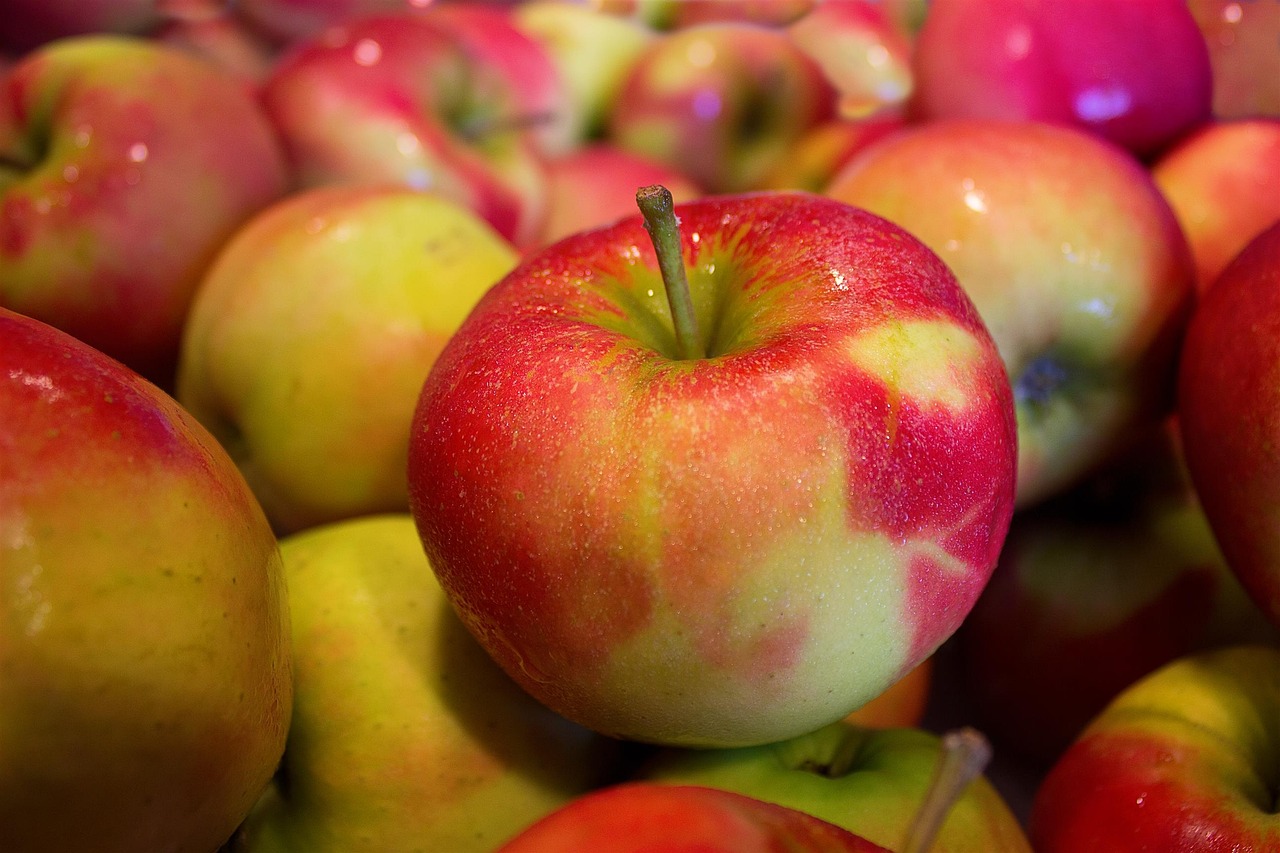“`html
The Rise of Plant-Based Diets
In recent years, the plant-based diet has gained significant momentum, becoming more than just a dietary choice for many; it has evolved into a lifestyle. With growing awareness regarding health, nutrition, and sustainability, more individuals are seeking to incorporate plant-based foods into their daily routines. This blog explores the various dimensions of a plant-based diet, its benefits, and practical ways to embrace this refreshing approach to eating.
What is a Plant-Based Diet?
A plant-based diet primarily focuses on foods derived from plants. While it can include fruits, vegetables, nuts, seeds, oils, whole grains, legumes, and beans, it generally limits or eliminates animal products. Below are some key aspects of what constitutes a plant-based diet.
Types of Plant-Based Diets
- Vegetarian Diet: Excludes meat, fish, and poultry but may include dairy products and eggs.
- Vegan Diet: Completely excludes all animal products, including meat, dairy, and eggs.
- Flexitarian Diet: Primarily vegetarian but occasionally includes meat and fish.
- Whole Food Plant-Based Diet: Focuses on unprocessed or minimally processed foods, eliminating added sugars and oils.
Common Misconceptions
Despite the growing popularity of plant-based diets, several misconceptions persist. Addressing these can help individuals make informed dietary choices.
- Protein Deficiency: Many believe that eliminating meat leads to insufficient protein. However, a variety of plant sources such as beans, lentils, tofu, and quinoa provide ample protein.
- Food Variety: Some think a plant-based diet is monotonous, but it offers diverse and flavorful meals, utilizing herbs and spices for enhancement.
The Benefits of a Plant-Based Diet
Adopting a plant-based diet comes with numerous health benefits, environmental advantages, and ethical considerations.
Health Benefits
- Improved Heart Health: Rich in fibers, antioxidants, and healthy fats, a plant-based diet can lower cholesterol levels and blood pressure.
- Weight Management: Plant-based foods are generally lower in calories yet high in nutrients, aiding in weight loss and maintenance.
- Better Digestion: High fiber content from fruits and vegetables supports digestive health and regularity.
- Reduced Risk of Chronic Diseases: Studies show a correlation between plant-based diets and reduced risks of diabetes, cardiovascular diseases, and some cancers.
Environmental Benefits
Transitioning to a plant-based diet can have a profound impact on the environment:
- Lower Carbon Emissions: Animal agriculture is a leading cause of greenhouse gas emissions; reducing meat consumption can significantly decrease your carbon footprint.
- Conservation of Resources: Producing plant-based foods requires less land and water compared to animal farming.
- Preservation of Biodiversity: Shifting away from animal agriculture helps protect ecosystems and wildlife habitats from destruction.
How to Transition to a Plant-Based Diet
Transitioning to a plant-based diet can be a rewarding journey. Here are some practical tips to make the switch easier:
Start Gradually
- Meatless Mondays: Begin by designating one day a week for meat-free meals.
- Replace, Don’t Eliminate: Substitute plant-based proteins like lentils or tofu for meat in your favorite dishes.
- Explore New Recipes: Look for plant-based recipes online or invest in a plant-based cookbook to discover new meals.
Incorporate Whole Foods
Focus on whole food options that provide the highest nutritional benefits:
- Choose Fresh Produce: Incorporate seasonal fruits and vegetables for variety and flavor.
- Select Whole Grains: Opt for brown rice, quinoa, barley, and whole wheat over refined grains.
- Use Healthy Fats: Include avocados, nuts, and seeds for a source of healthy fats.
Plant-Based Diet on a Budget
A common concern regarding a plant-based diet is its cost. However, with planning and creativity, maintaining a budget-friendly plant-based diet is achievable.
Money-Saving Tips
- Buy in Bulk: Purchase staples like beans, grains, and nuts in bulk to save money.
- Utilize Seasonal Produce: Seasonal and local produce is often less expensive and fresher.
- Plan Your Meals: Meal planning can prevent impulse buys and food waste, keeping your grocery budget in check.
Easy Plant-Based Recipes
- Lentil Soup: A hearty meal rich in protein and fiber.
- Quinoa Salad: Combine cooked quinoa, chopped vegetables, and a zesty dressing for a light and nutritious dish.
- Stir-Fried Tofu with Vegetables: Quick to prepare, this dish is packed with flavor and nutrients.
Conclusion
Adopting a plant-based diet not only enhances your health and well-being but also contributes positively to the environment and animal welfare. By addressing common misconceptions, understanding its manifold benefits, and incorporating practical tips for transitioning, anyone can embark on this fulfilling journey. Remember, making small changes can lead to substantial impacts—both personally and globally. So why not start today and discover the endless culinary delights and health perks that a plant-based diet offers?
“`






